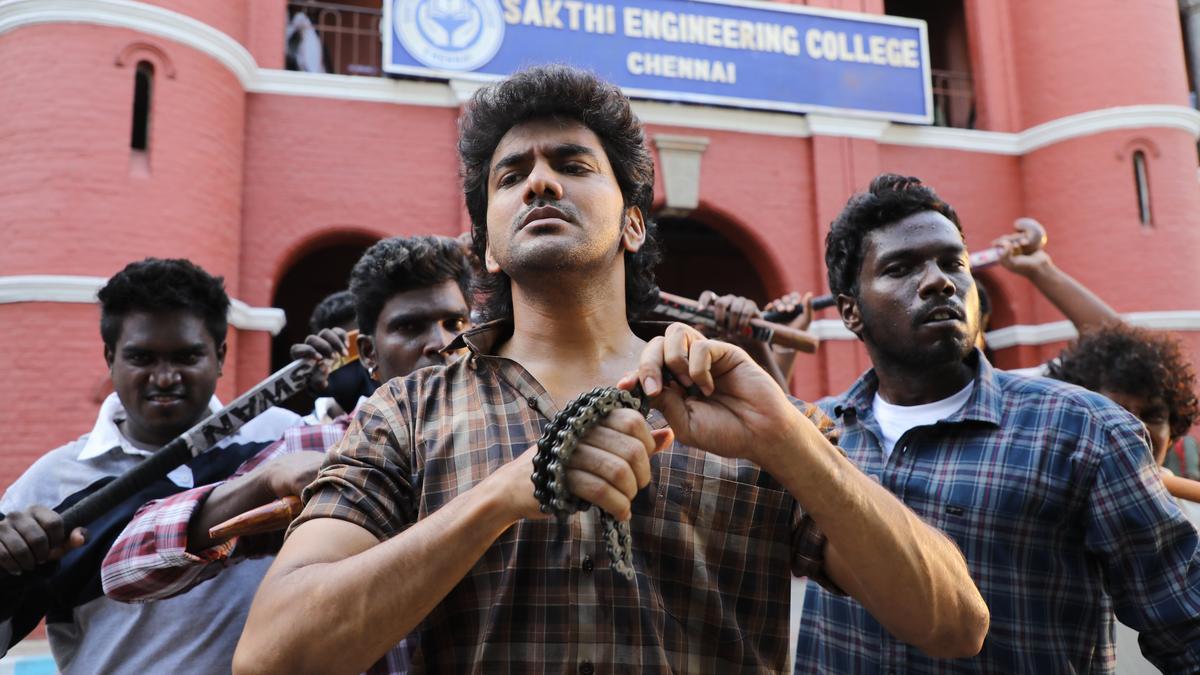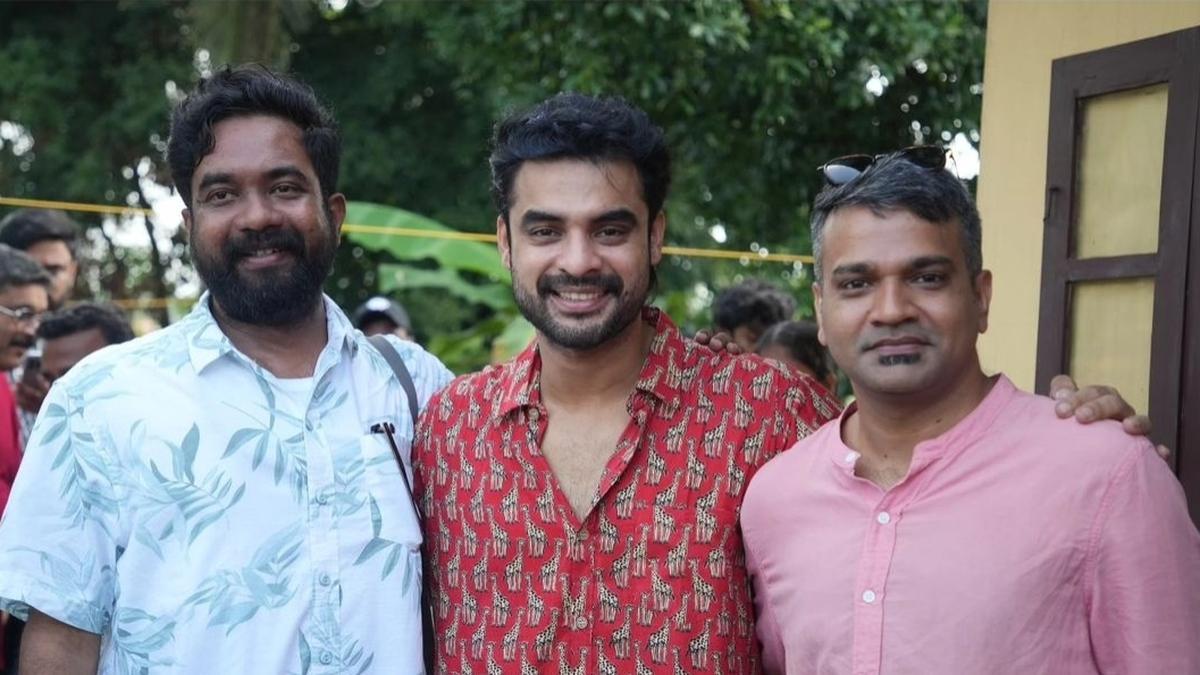
The essence of filmmaker Elan’s narrative in “Star” is rich with emotional depth, portraying a journey of growth and the spotlight moments poised to resonate with its audience, enhanced by the soulful compositions of Yuvan Shankar Raja. “Star” unfolds as a coming-of-age tale rich in genuine moments that echo real-life experiences and emotions. With a platform for the cast to exhibit their capabilities, the film attempts to capture the audience’s hearts with stirring melodies and relatable life events.
However, the film encounters a fundamental disconnect in the marriage of music and moment, a rift between intention and impact. Yuvan Shankar Raja’s score, while reminiscent of his acclaimed “vintage” style, at times becomes a dominant force, eclipsing the narrative’s finer details. Scenes that should allow the actors’ performances to take center stage are instead laden with an overwhelming score, which guides the audience on what to feel, rather than allowing the emotional gravity of the scene to organically seep in.
Consider the moment when Kalai, portrayed by Kavin, dons women’s attire for a college stage performance. A poignant line is delivered, one that will later resurface with substantial meaning, yet it is the score that dictates the scene’s emotional tone, not the dialogue or the actor’s expression. Scenes like these, including an intense performance in front of Kalai’s father, could have benefitted from a more subdued score that amplified rather than dictated the emotional beats.
The film’s musicality seems to illustrate a greater problem with its execution. From the onset to its conclusion, there exists a dissonance between the intended emotional resonance and the way it’s conveyed, particularly through its writing, a dissonance made more apparent by the film’s score.
Advertised as a sincere tribute to the difficult journey actors endure to find stardom, “Star” showcases Kalai’s evolution from a wide-eyed child to a young man wrestling with the middle-class demands and his passion for acting. His dreams, however, are not thwarted by the typical struggles of a novice in the entertainment industry, but rather by unpredictable challenges life presents. Here lies another critique; the film’s exploration of these themes feels far from groundbreaking.
A particular emotional tactic employed in “Star” is a powerful soundtrack that threatens to overwhelm, resonating primarily with fans of Tamil music for its historical significance, rather than its contextual use within the film.
Amidst this personal odyssey, Kalai’s story is peppered with romantic subplots featuring Meera Malarkodi (Preity Mukhundhan) and ‘Jimikki’ Surabhi (Aaditi Pohankar). These relationships poke at the tenets of conventional cinematic love; from unsolicited intrusions to grand gestures, they portray a problematic idealization of romance. Notably though, the film self-reflectively acknowledges these narrative choices, with the characters themselves questioning the authenticity of such interactions.
The real heartstring-tugging elements emerge from the beautifully penned dynamic between Kalai and his father. This bond, showcased in quiet counsel, shared dreams, and difficult decisions, becomes a testament to the underlying themes of ambition and familial relationships, emanating a raw sincerity that resonates well beyond the screen.
These moments, sparsely yet powerfully interwoven, lend “Star” its luster, gleaming through its less polished facets, reminding us that good intentions can still kindle a glow in an otherwise dimly lit narrative. The magic birthed from such synergy between script and performance pays homage to dreamers, their champions, and the very art of acting that remains at the film’s core.
Currently in theaters, “Star” emerges as a meditative piece that navigates through the aspirations of a young actor, and in that journey, despite its missteps, occasionally manages to capture the ardent glow of a dream striving to be realized in the unforgiving world of cinema.










